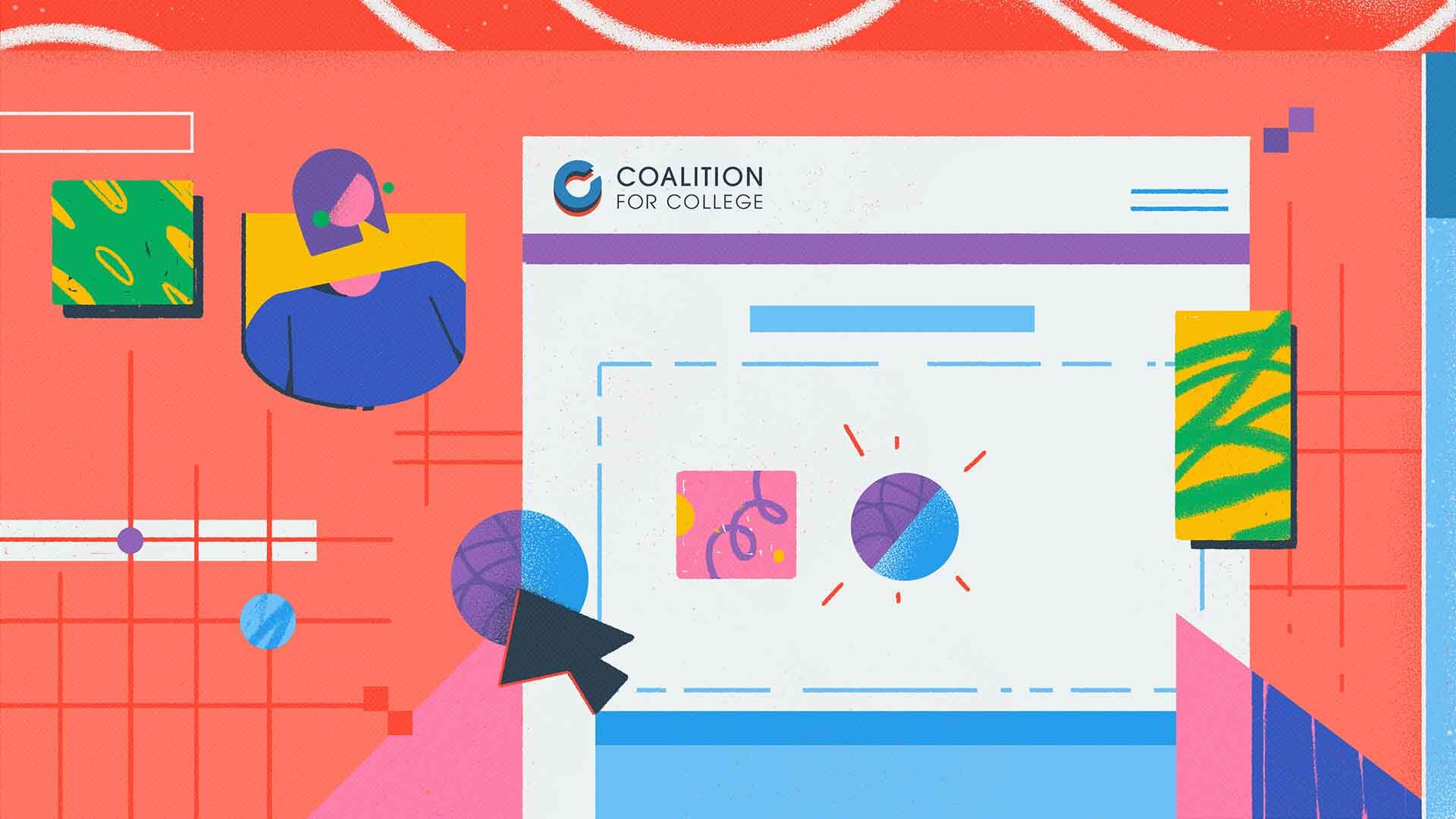Letters of Recommendation: Q&A
When you’re applying to colleges, you’ll be asked to provide official documents, such as your high school transcript (a listing of your classes and grades) and SAT or ACT scores (if required).
You might also be asked for letters of recommendation – and you may be wondering what those are and why you need them. Well, we’re here to tell you everything you need to know!
What is a letter of recommendation?
A letter of recommendation describes who you are as a student, and can include your academic achievements, your efforts in the classroom, and your activities outside of school, just to name a few topics.
Most colleges ask you to submit two to three letters from someone (usually a teacher) who knows you well. That way, they can get a sense of who you are — beyond your test scores and grades — and how well you’ll do in college.
Who should you ask for a recommendation?
First things first, you’ll need to check the requirements for each college to which you’re applying. Some colleges may ask for a letter from an academic teacher (for example, math or English) or from a school counselor, or sometimes both. You may also be asked to submit a letter from someone other than a teacher (for example, a coach or employer).
Once you know these requirements, you’ll want to ask someone who can talk about the qualities that makes you, you— and makes you a good choice for the colleges to which you’re applying.
The person you ask (also known as your reference) should be able to talk about how you’ve excelled, where you’ve shown improvement, and/or what make you stand out. So, when deciding, think about the following:
Who have I had for a class recently? For instance, a teacher you had once in ninth grade may not be the best choice.
Who have I had for more than one class? Perhaps, you had the same teacher for English in ninth and 11th grade. This teacher could share how you’ve grown or improved as a student over time.
Who have I had for a class and who has also helped me with an extracurricular activity (for example, drama club, yearbook, or student government)? This teacher could speak to your skills both in and out of the classroom.
Is there another trusted adult who knows me and would write a letter? A coach, employer, or pastor may be a good option, if they can describe your skills, abilities, or strengths.
When should you ask for a recommendation?
The sooner, the better!
First, you’ll need to know when your college applications are due. You should give your reference(s) at least one month to write and submit your letter(s). For instance, if you’re applying early action or early decision (with November – December deadlines), then you should ask for your letter at the beginning of your senior year (if not before!).
Keep in mind, teachers are often asked to write dozens of these letters, so the more time you give them, the better your letter will likely be. In fact, we’d recommend deciding who you’d ask during your junior year — and then asking them before the start of summer vacation. (Summer is great time for teachers to write these letters!)
How can you help with your recommendation?
You want the best possible letters of recommendation — after all, they’re an important part of your college applications — so here’s what you can do to help your references:
Ask them for a letter of recommendation as early as possible. Remember to provide them with the deadline and submission requirements (for example, online or by mail).
Tell them where you’re applying, why you’re applying to those schools, and what you plan to study (if you know).
Be sure to explain why you chose them to write you a letter. It may be helpful to remind them of what class (or classes) you took with them, how you did on any projects or tests, and what you learned in their class.
Provide them with a list of your extracurricular activities, after-school employment, and/or volunteer work, and include how long you’ve been involved with each. You may want to give them a copy of your resume, if you have one.
Thank your references for taking the time to write you a letter with a handwritten note. And don’t forget to tell them once you’ve heard your decisions — they’ll want to celebrate along with you!
Read more about letters of recommendation at BigFuture by the College Board.

